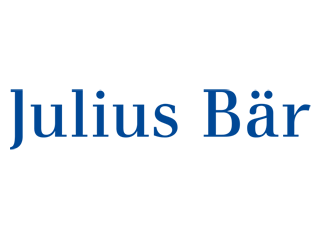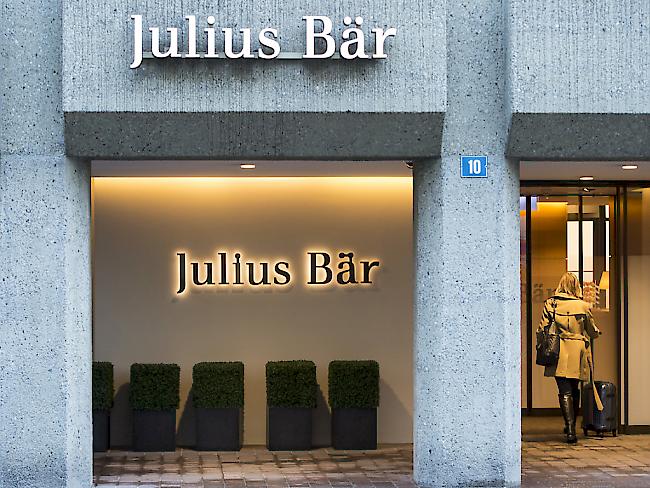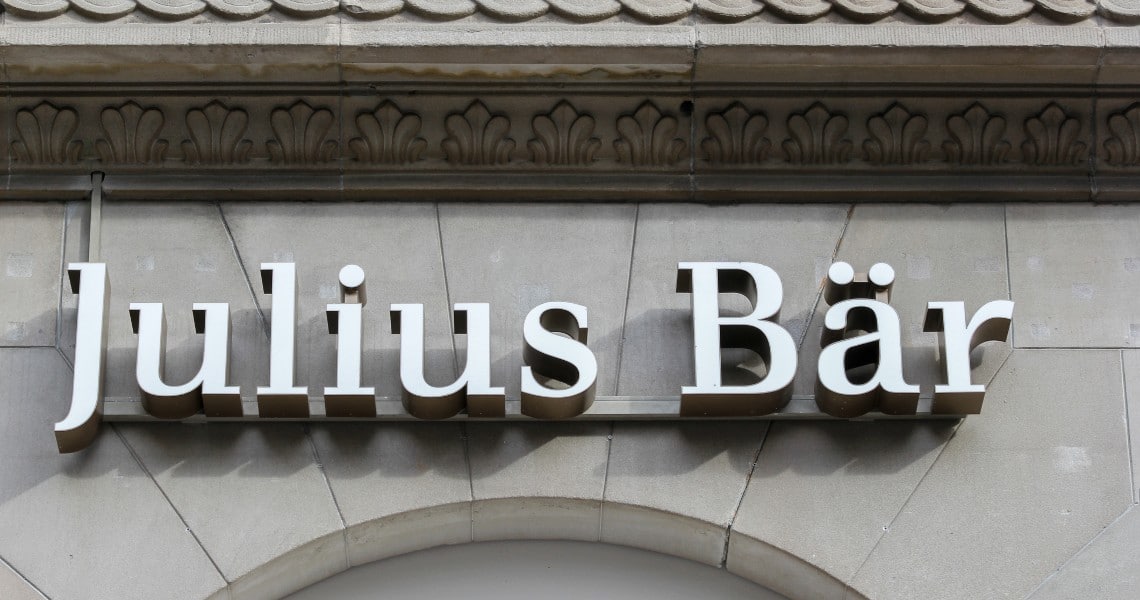
In 1966, Baer turned toward Mexico, setting up its first company in that country, Baer Mexicana.


In 1962, the group extended its securities activities to its New York office, setting up Baer Securities Corporation, which was later reformed as Julius Baer Securities Inc. Like many of Switzerland ’s private banks, Baer expanded its operations into the securities trading and stock market as assets management grew to become an important area of the firm ’s operations. Baer, who, after studying at Horace Mann University, Lehigh University, and New York University, returned to Switzerland in 1947 to join the private banking firm. Part of the Baer family that went to New York was later Chairman Hans J. That office, though only temporary, nonetheless introduced the Baer bank to the New York financial market -which was to become a focus for the company in the years following the war. In 1940, part of the family traveled to the United States and set up a business office, Baer Custodian Corporation, in New York City. With the rise of the Nazis to power in Germany, especially after the outbreak of World War II, the Baer family, who were Jewish, took steps to preserve their business in the event of a German invasion of Switzerland. Three years later, Walter Baer led the formation of the Association of Swiss Private Bankers, established in response to legislation passed that year that narrowed the scope of activities of Switzerland ’s banks. Julius Baer had previously served as vice-chairman of the Zurich Stock Exchange Association, and son Walter was named chairman of that body in 1931. The Baer family had by then become among the most influential members of the Zurich -and Swiss -private financial industry. Walter Baer was joined by one of his brothers that same year. Renamed Julius Baer & Co., the firm was granted a seat on the Zurich stock exchange that same year.īaer ’s firm soon became a family business -in 1913, Baer was joined by son Walter, who was to take over as head of the bank after his father ’s death in 1922. With the death of principal partner Louis Hirschhorn in 1901, the partnership was dissolved once again and reformed under the sole leadership of Julius Baer. In 1896, Julius Baer, then 39 years old, was taken into the partnership, which then reformed itself under the name Hirschhorn, Uhi & Baer. In 1890, the general partnership Hirschhorn & Grob was established to provide banking services in Zurich, Switzerland. The Julius Baer banking group had its start at the end of the 19th century. Swiss Private Banking Pioneer in the 1890s A public company listed on the Swiss stock exchange, Baer remains controlled and led by the founding Baer family, now in its third and fourth generation at the head of the company. Baer ’s other areas of operations include Trading Services Asset Management, with an emphasis on European market investments and Brokerage Services, with offices in Amsterdam, Frankfurt, Madrid, Milan, New York, Paris, Stockholm, and Zurich (the company owns seats on each local exchange).

The company has recently broadened its target market beyond its traditional Switzerland and New York base, with offices and branches opening in other areas of the United States and in Europe. While the company ’s largest business comes through its private customers, Baer also services institutional investors. Baer private banking customers can expect a range of services, including portfolio management, investment advice, estate planning and related services, financial planning and tax services, and a variety of other amenities, including concierge services. Baer (alternatively spelled as B är) services its clientele -the company targets private customers worth at least $25 million and willing to invest a minimum of $2 million with the group -through its army of personal bankers, offering an industry-leading ratio of 100 customers per banker, compared with more than 700 per banker for Baer ’s larger competitors. Private Banking remains the group ’s largest area of operation, accounting for one-third of the group ’s annual net operating income, which reached SFr 1.4 billion in 2001, and more than 50 percent of the total assets under the group ’s management, which topped SFr 126 billion in 2001. The leading independent private bank in Switzerland, Julius Baer Holding AG has come to epitomize the Swiss banking tradition after more than 100 years of providing exclusive services to its wealthy customers.


 0 kommentar(er)
0 kommentar(er)
